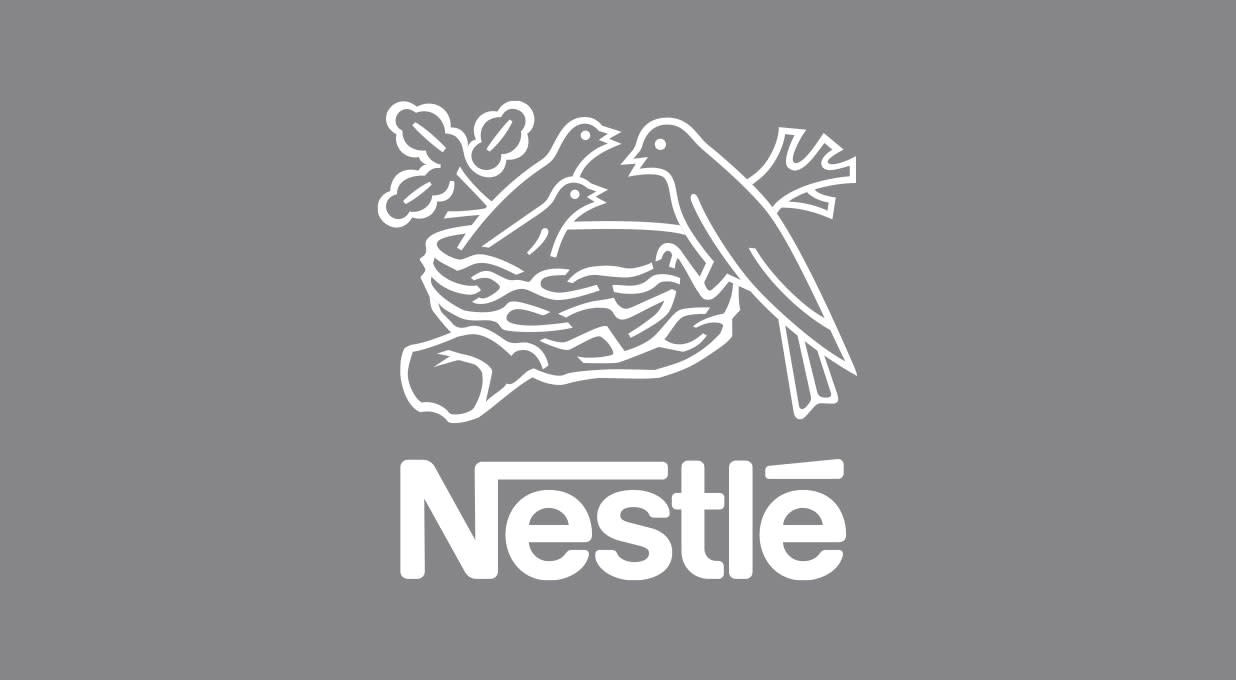Nestlé reported first-half underlying sales of CHF 45.0bn, reflecting organic growth of 2.1% which was driven almost entirely by higher prices. Europe was the fastest-growing region, led by increased sales of PetCare, confectionary and coffee products. Underlying operating profits were broadly flat at CHF 7.8bn.
Free cash flow improved from CHF 3.4bn to CHF 4.0bn. Net debt increased by CHF 9.9bn to CHF 59.5bn since the start of the year.
Full-year organic sales guidance has been downgraded from “around 4%” to “at least 3%”. Expectations for a “moderate increase” in underlying operating profits have been maintained.
Nestlé bought back CHF 2.4bn of shares as part of the three-year CHF 20bn share buyback program, which began in January 2022.
The shares fell 4.8% following the announcement.
Our view
Nestlé only managed to squeeze through marginal price increases in the second quarter, a clear sign that consumers are reaching their limit. As a result, half-year sales fell short and full-year guidance has been lowered, which wasn’t received well by markets on the day.
It’s no surprise questions are being asked as to whether price increases have gone too far. Struggles in the key market of America mean real internal growth, the company’s key measure of sales volumes, flatlined in the first half. Focus is now on recovering volumes, with management prioritising volume and mix-led growth.
But on a longer-term view there's still a lot to like about Nestlé. A global footprint and varied product base mean the Group's been able to move with the market over the past couple of years. Exposure to pet care, health and at-home coffee products in particular helped pull in revenues from all corners of the market. These items are also exactly the kind of thing people buy over and over again in normal times.
More recently there's been a bit of housekeeping, clearing out low-potential brands and stocking up in growth areas such as The Bountiful Company's nutrition and supplements business. The positive effects of these changes and focus on premium brands is being felt, with underlying operating margins increasing 40 basis points to 17.4%.
Nestlé also relies on hefty research & development spending to provide fuel for volume growth. New varieties and formats of existing popular brands benefit from the much larger marketing and admin budgets, ensuring they're front and centre of consumers' minds. That, in turn, encourages reliable revenues. Extra sales boost profits, and profits can be paid out as dividends or reinvested in next year's products.
That virtuous cycle has seen the dividend increase every year for 29 years - remember, all dividends are variable and not guaranteed.
Nestlé's a strong business, with a host of great brands but it needs to start pulling on its growth levers. Increased investment in brand marketing hasn’t reaped much reward at the half-year mark, and that’s seen full-year organic sales guidance nudged slightly lower. Any further slip-ups from here are likely to be punished by markets.
Recent results have disappointed, and at roughly 18 times expected earnings, it’s now trading below its ten-year average. The next few quarters remain vital. Volumes need to start trending back in the right direction and America needs to show signs of recovery if sentiment is to improve.
Nestlé key facts
All ratios are sourced from Refinitiv, based on previous day’s closing values. Please remember yields are variable and not a reliable indicator of future income. Keep in mind key figures shouldn’t be looked at on their own – it’s important to understand the big picture.
This article is not advice or a recommendation to buy, sell or hold any investment.No view is given on the present or future value or price of any investment, and investors should form their own view on any proposed investment.This article has not been prepared in accordance with legal requirements designed to promote the independence of investment research and is considered a marketing communication.Non - independent research is not subject to FCA rules prohibiting dealing ahead of research, however HL has put controls in place(including dealing restrictions, physical and information barriers) to manage potential conflicts of interest presented by such dealing.Please see our full non - independent research disclosure for more information.


